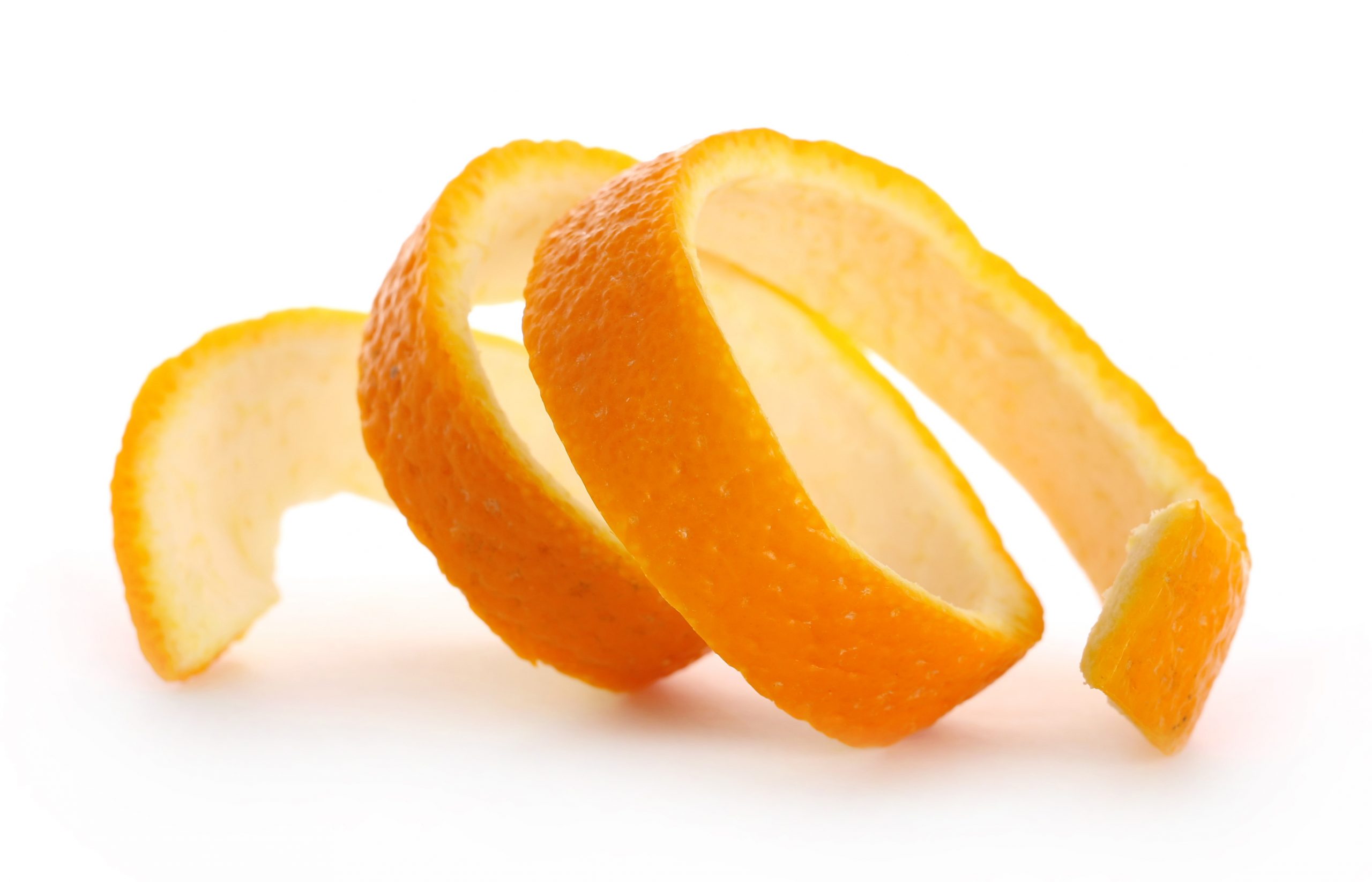The Project BBI-JU Biocircularcities –– . Exploring the circular bioeconomy potential in cities. Proactive instruments for implementation by policy makers and stakeholders – launches a new website and presents a full agenda in the coming weeks with the start of the local living labs and the celebration of the first consortium meeting.
The new website https://www.biocircularcities.eu is a window on Biocircularcities project that will enable the visitors to follow our progresses towards the development of economically and environmentally efficient models for organic waste in three pilot areas. In addition to relevant background information and regular insights on the project, the website will give the possibility to access the key outcomes of our work once available.
The first group of living labs are going to take place during March in the three pilot territories: Metropolitan Area of Barcelona (ES), Metropolitan City of Naples (IT) and Region of Pazardzhik (BG). These three areas are intended to be the pattern of three different situations in which to study the chains of biowaste management and valorisation, respectively, from municipal waste, from agroindustry activities and from the forestry sector.
Along the life of the project (until Sept 2023) three living labs will take place in each pilot area every 6 months and a final conference at the very end will present the main project’s results. The living labs aim to promote the debate and exchange of ideas around circular bioeconomy, focusing in biowaste collection, treatment and valorisation in each pilot territory.
The first group of living labs will organized online. The Barcelona’s living lab will take place the 22 of March of 2022, from 15:00 to 17:00, and the subject would be the management of organic fraction of municipal solid waste. The Naples’ living lab will take place the 25 of March, from 9:30 to 11:30 and will discuss about biowaste from agro-industrial chains and finally, the Pazardzhik’s living lab will be held on the 31 of March and its subject will be biowaste from agro-forestry and wood processing chains.
About 10 local stakeholders coming from different sectors as private companies, local administrations or universities will be invited to discuss the issues related to separately collected biowaste quality and treatment and valorisation into bioproducts. The use of participative processes will allow the sharing of opinions and experiences on challenges encountered in the current biowaste management systems, successful stories or possible alternative on circular bioeconomy to improve the management and/or valorisation for the selected biowaste chains.
The first General Assembly of the project will take place on-line few days before, on 17th and 18th March, due to the Covid-19 emergency. During this event, the Consortium partners will expose and discuss the development and the status of each work packages structuring the BIOCIRCULARCITIES project. At that time, most of the activities will be already on-going, as the definition of the study chains in each pilot area or the identification of regulations and best practices regarding biowaste management, and particularly those related with dissemination and communication. Progresses achieved and challenges encountered in gathering data during this first part of the project will be analysed.


